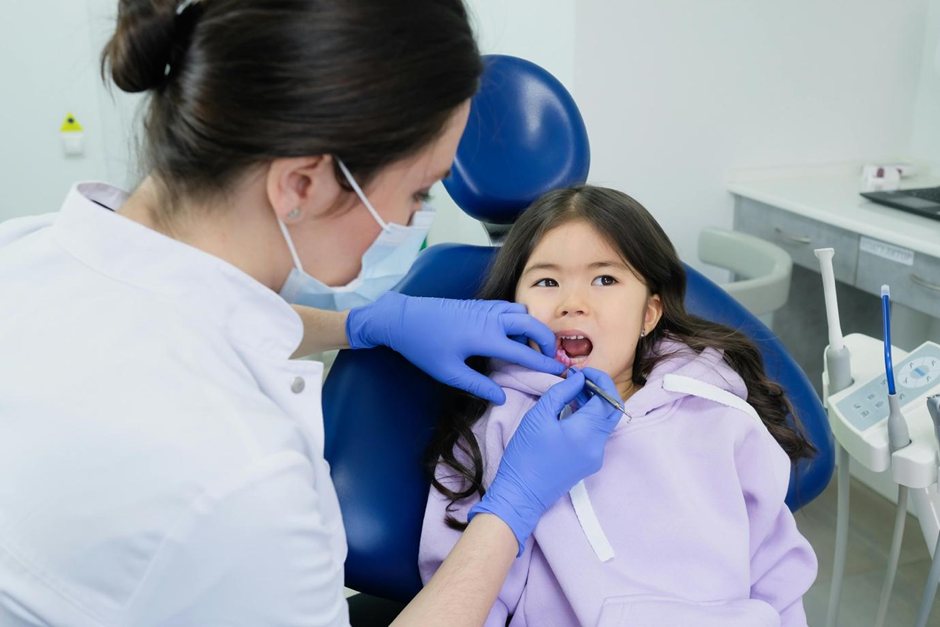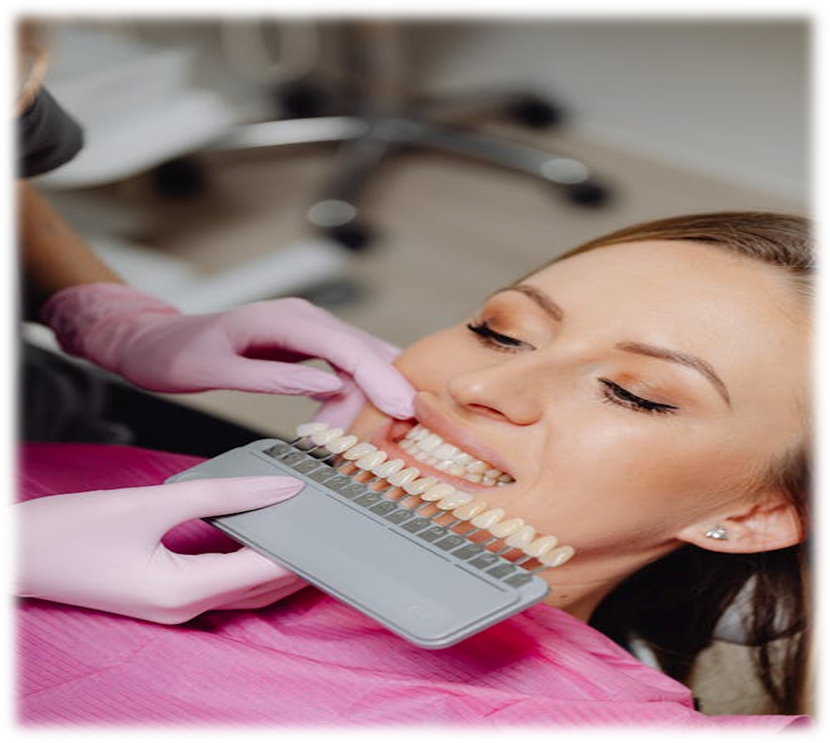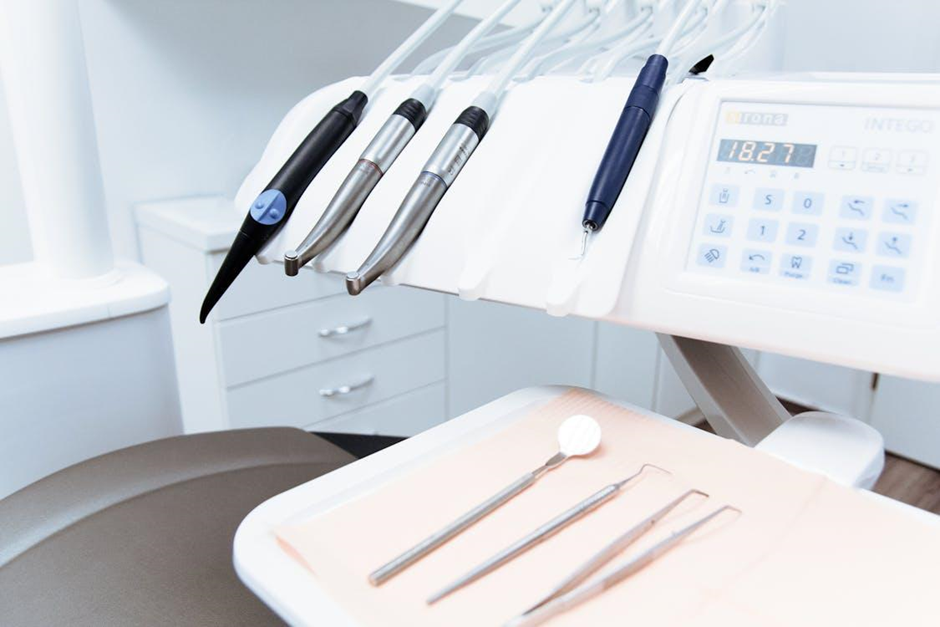Mouth Breathing – How It Affects Your Sleep, Your Looks, and Your Overall Health
dental clinic in Dubai

Mouth Breathing – How It Affects Your Sleep, Your Looks, and Your Overall Health
Mouth breathing is a breathing pattern where an individual predominantly uses their mouth, rather than their nose, to inhale and exhale air. While it’s normal to breathe through the mouth during certain activities like talking or exercising, chronic or habitual mouth breathing, especially during rest or sleep,
can affect your health and well-being. It can lead to issues related to sleep quality, facial development, and overall oral and respiratory health.
This issue, affecting both adults and children, has caught the attention of healthcare providers, with estimates indicating that between 10% and 25% of children live with mouth breathing.
The Connection Between Mouth Breathing and Sleep Quality
Breathing is an essential function, especially during sleep when your body should be replenishing itself. Breathing through the nose plays a crucial role in optimizing this process. When we breathe through our noses, the air is filtered, humidified, and warmed, making it ideal for our lungs and overall respiratory
system. In contrast, mouth breathing bypasses these natural filters, which can disrupt the delicate balance of oxygen and carbon dioxide in the body.
As such, mouth breathing during sleep can lead to various sleep disturbances.
Sleep Apnea
One notable issue is sleep apnea, a condition characterized by interruptions in breathing during sleep. Those who habitually breathe through their mouths are more likely to experience these interruptions, leading to fragmented sleep and potential daytime fatigue. Sleep is essential for our physical and mental rejuvenation, so compromised sleep quality can have far-reaching effects on our well-being.
Compromised Sleep Quality
Children who predominantly rely on mouth breathing during sleep often grapple with compromised sleep quality. This potentially initiates a cascade of issues, including:
Impaired Growth: Poor sleep patterns could impede normal growth and development in children.
Academic Challenges: Inadequate sleep might hamper attentiveness and academic performance.
Concentration Difficulties: Disrupted sleep can have negative repercussions on your mental health,
attention, and focus.
Sleep Disorders: Persistently poor sleep may exacerbate more pronounced sleep disorders.
Facial Appearance and Mouth Breathing
Beyond its impact on sleep, chronic mouth breathing can also affect facial development.
Facial Distortion
Children whose facial bones are still growing are particularly vulnerable to these effects. Prolonged mouth breathing can lead to facial changes such as elongation and narrowing. The jaw may have narrow contours and the chin may have a receded appearance, resulting in a distinct facial appearance
sometimes referred to as the “mouth-breathing face”.
Dental Issues
Mouth breathing can lead to dental issues that further impact facial aesthetics. Misaligned teeth, overbites, and other orthodontic problems can arise due to mouth breathing. These dental complications not only affect the smile’s appearance but also contribute to overall facial harmony.
Orofacial Features: Mouth breathing can result in a narrower oral cavity and contribute to a “gummy
smile”.
Dental Malocclusion: The misalignment of teeth, resulting in overbite or crowded teeth, can be
attributed to persistent mouth breathing.
Negative Effect on the Posture: Mouth breathing might even impact postural alignment, affecting how
children carry themselves physically.
Overall Health Ramifications of Mouth Breathing
Mouth breathing can also have implications for our overall health.
Systemic Issues
When we breathe through our noses, the nasal passages release nitric oxide, which has antibacterial properties and helps dilate blood vessels to improve oxygen delivery. Mouth breathing bypasses this crucial step, potentially leading to decreased oxygen levels in the blood. This, in turn, can affect blood pressure regulation, cardiovascular health, and even lung function. Individuals with asthma might find their symptoms exacerbated by chronic mouth breathing.
Dry Mouth
Mouth breathing can result in a dry mouth that results from reduced saliva production. Saliva plays a vital role in preserving oral health by neutralizing acids and fighting bacteria. Without adequate saliva, individuals may be more susceptible to dental decay, gum disease, and bad breath.
Halitosis (Bad Breath): Reduced saliva levels lead to the proliferation of bacteria, resulting in unpleasant breath.
Dental Complications: The decreased salivary flow can undermine the natural defense against dental problems, such as gum inflammation (gingivitis) and dental cavities.
Susceptibility to Infections: The lack of moisture balance can make the throat and ears more susceptible
to infections.
Addressing Mouth Breathing And Overall Health
The consequences of chronic mouth breathing are significant, resulting in sleep disturbances, altered facial development, and potential health issues. Addressing this habit is crucial for maintaining overall well-being. Consulting with healthcare professionals, including dentists, orthodontists, and sleep specialists, is recommended for tailored guidance and treatment options.
Early intervention is particularly important for children, as their developing facial bones are more responsive to corrective measures. Treatment strategies may include orthodontic appliances, surgical interventions to remove adenoids or tonsils, and exercises to promote nasal breathing.
Nasal Decongestants and Medications: In cases where nasal congestion is the underlying cause of mouth breathing, nasal decongestants and medications can provide relief. Antihistamines and steroid nasal sprays are often recommended to reduce inflammation and promote better nasal airflow. By alleviating congestion, individuals can naturally shift from mouth to nasal breathing.
Orthodontic Interventions: Orthodontic treatments, including braces and oral appliances, can correct dental misalignments that contribute to mouth breathing. These interventions help align the teeth and jaws, fostering an environment that encourages nasal breathing and supports proper oral health.
Adhesive Strips and Nasal Dilators: External aids like adhesive strips placed on the nose or nasal dilators can enhance nasal airflow, making it easier for individuals to breathe through their nose. These non- invasive solutions can be particularly beneficial during sleep, promoting a natural shift from mouth to
nasal breathing.
Behavioral Strategies: Behavioral modifications play a crucial role in overcoming chronic mouth breathing. Breathing exercises that focus on nasal inhalation and exhalation can help individuals retrain their breathing patterns. Practicing mindfulness and being conscious of one’s breathing habits throughout the day can also contribute to habitual nasal breathing.
Continuous Positive Airway Pressure (CPAP): For individuals with obstructive sleep apnea, a condition often associated with mouth breathing during sleep, CPAP therapy can be highly effective. This treatment involves wearing a mask that delivers a gentle stream of air, preventing airway collapse and
encouraging nasal breathing.
By recognizing the impact of mouth breathing on sleep quality, facial appearance, and health, we can take proactive steps to address this habit and ensure a better quality of life.
Schedule an Appointment With Dr. Paul’s Dental Clinic
If you or your loved ones are grappling with the effects of chronic mouth breathing, Dr. Paul Dental Clinic, one of the best dental clinic in Dubai is here to offer expert guidance and support. With a commitment to providing exceptional care, Dr. Paul and his dedicated team are ready to guide you on your journey to optimal dental health.
To book an appointment, simply reach out to the clinic through our website at https://www.drpaulsdentalclinic.com/contact-us/. Whether you’re seeking routine dental care, addressing specific concerns, or exploring treatments to enhance your smile, taking proactive steps to dental care can set you on a path to a healthier, more confident you. Don’t hesitate to make the call and invest in your dental health today.
Book an Appointment With Your Doctor NOW!
Ready for a brighter smile? Schedule your appointment with Dr. Paul’s Dental Clinic today and experience exceptional dental care.
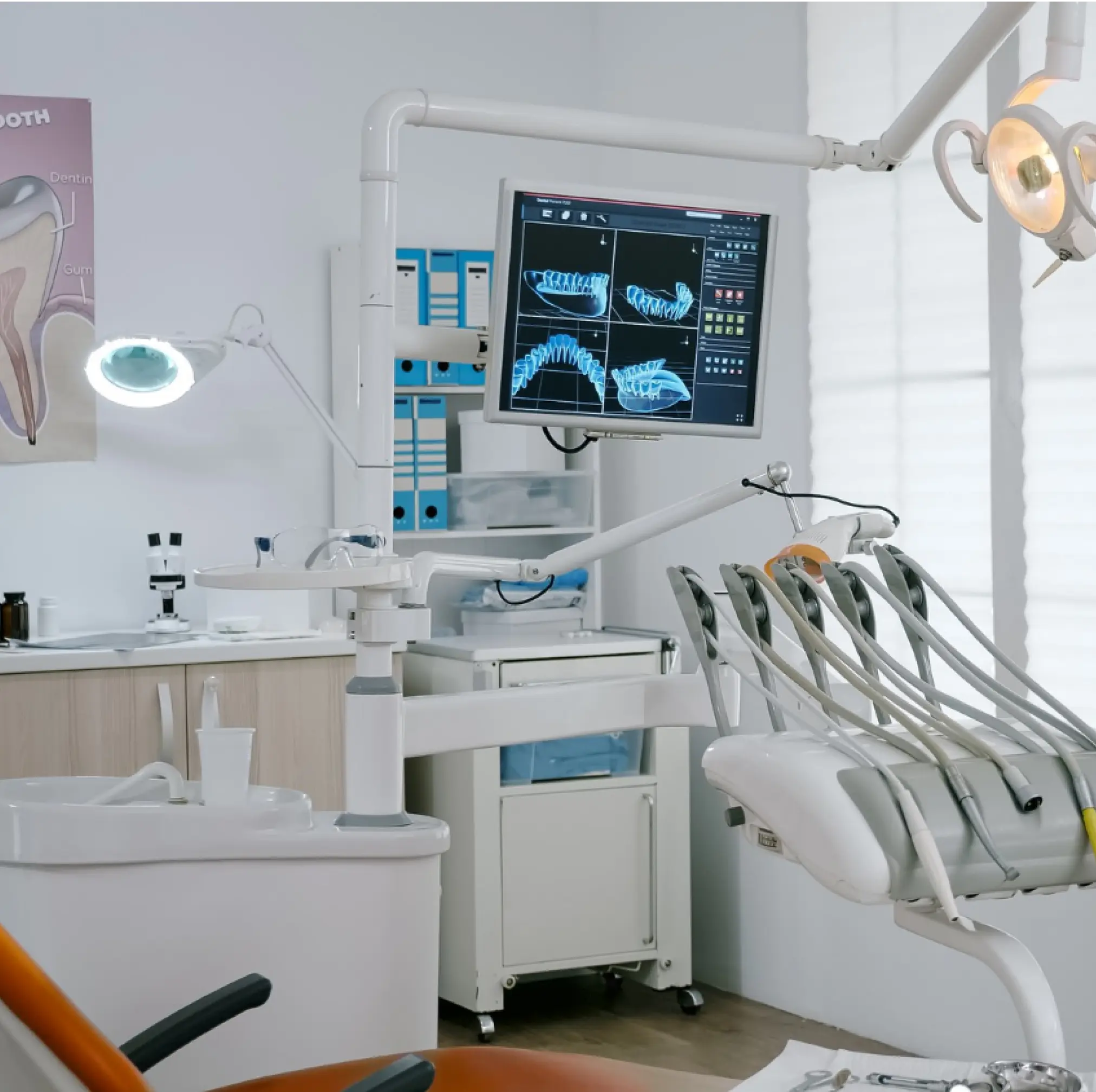
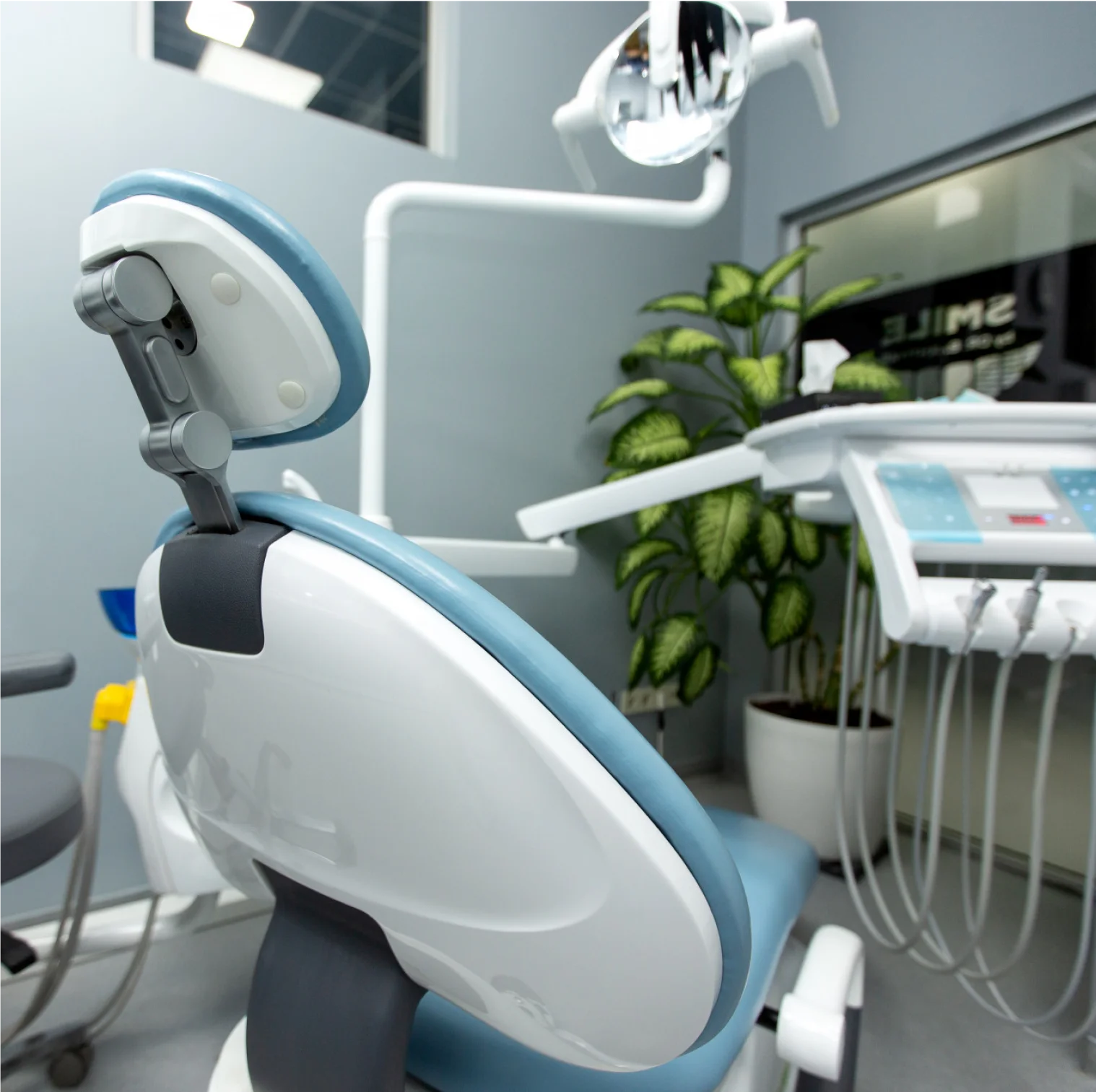
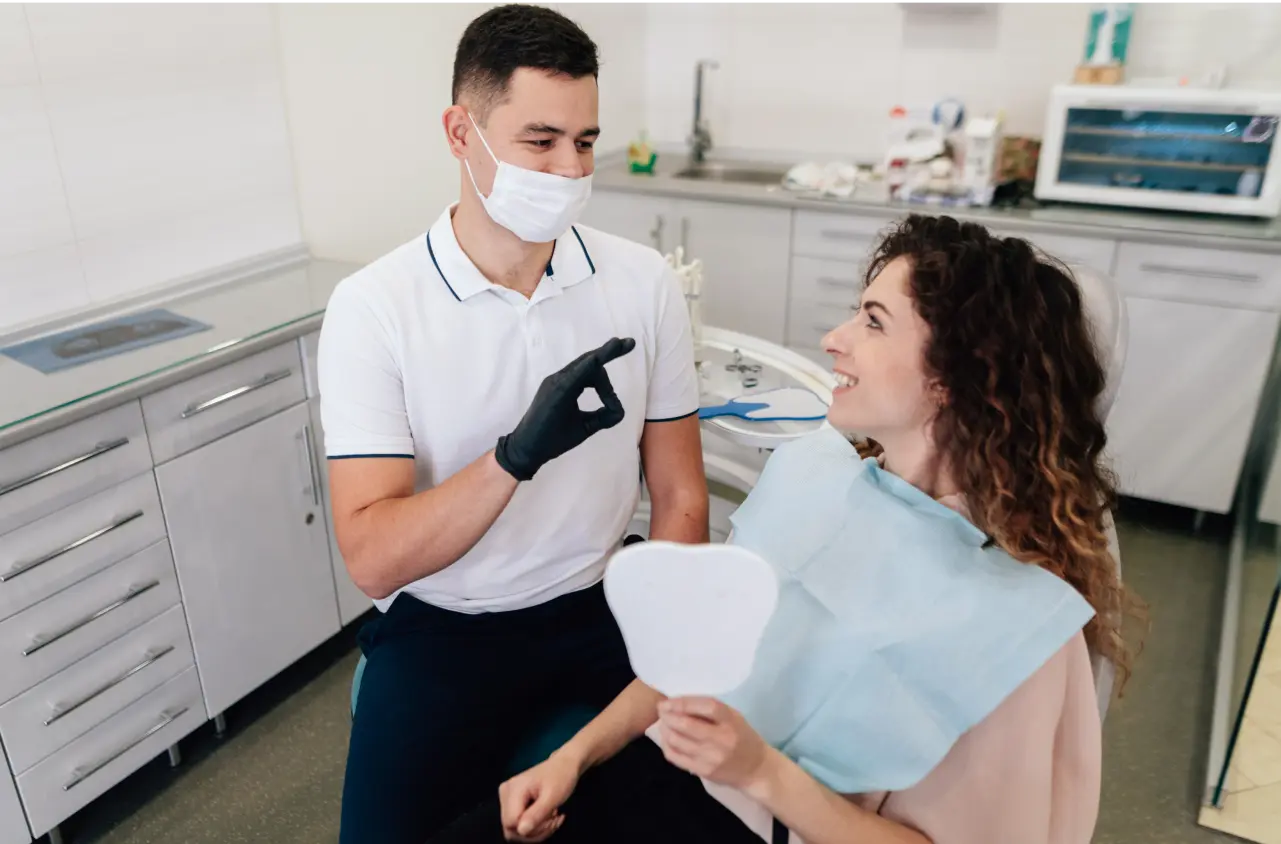
 Dr. Arun Ramani
Dr. Arun Ramani 